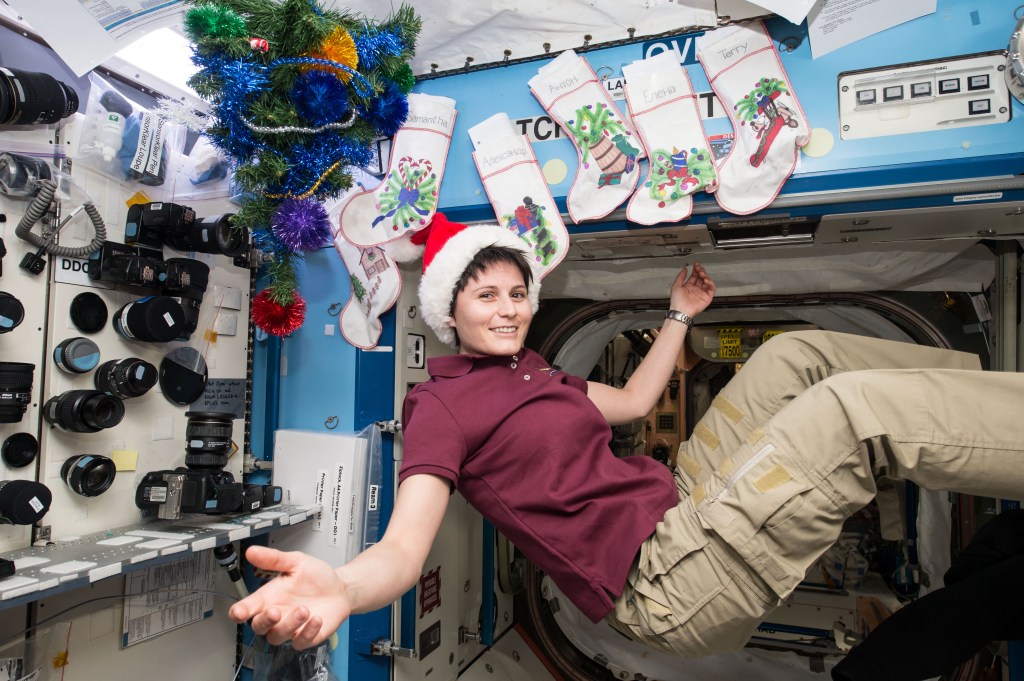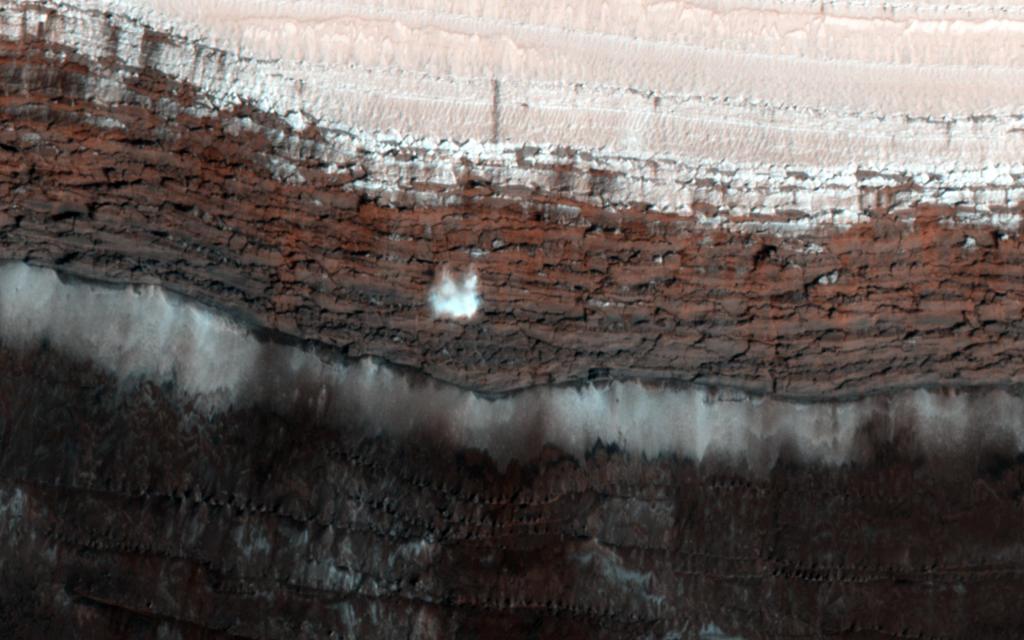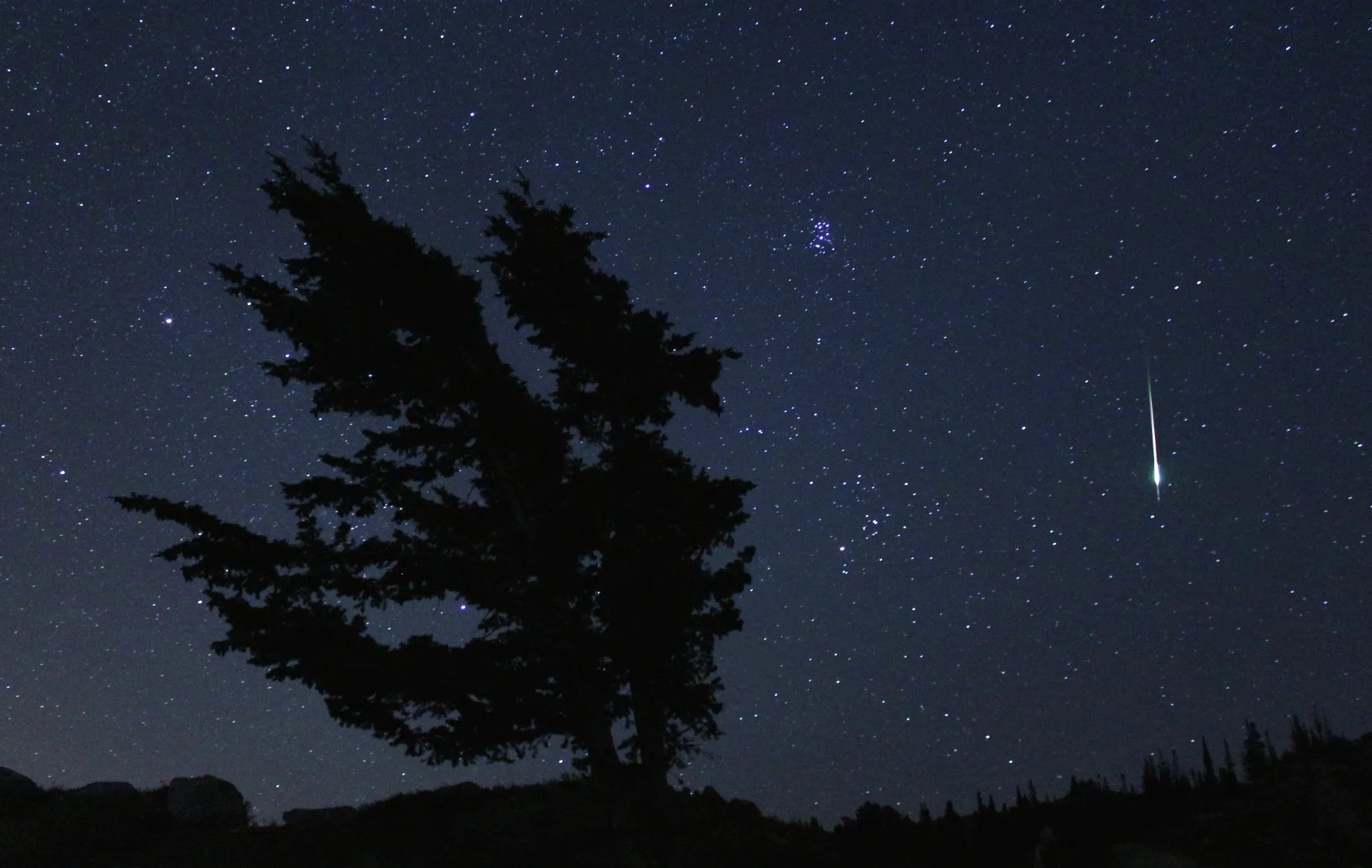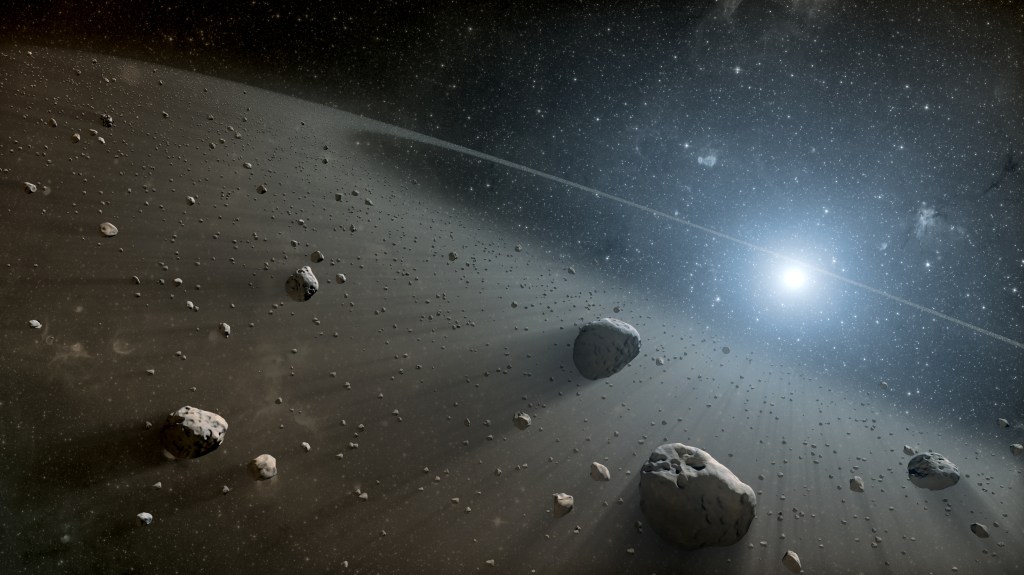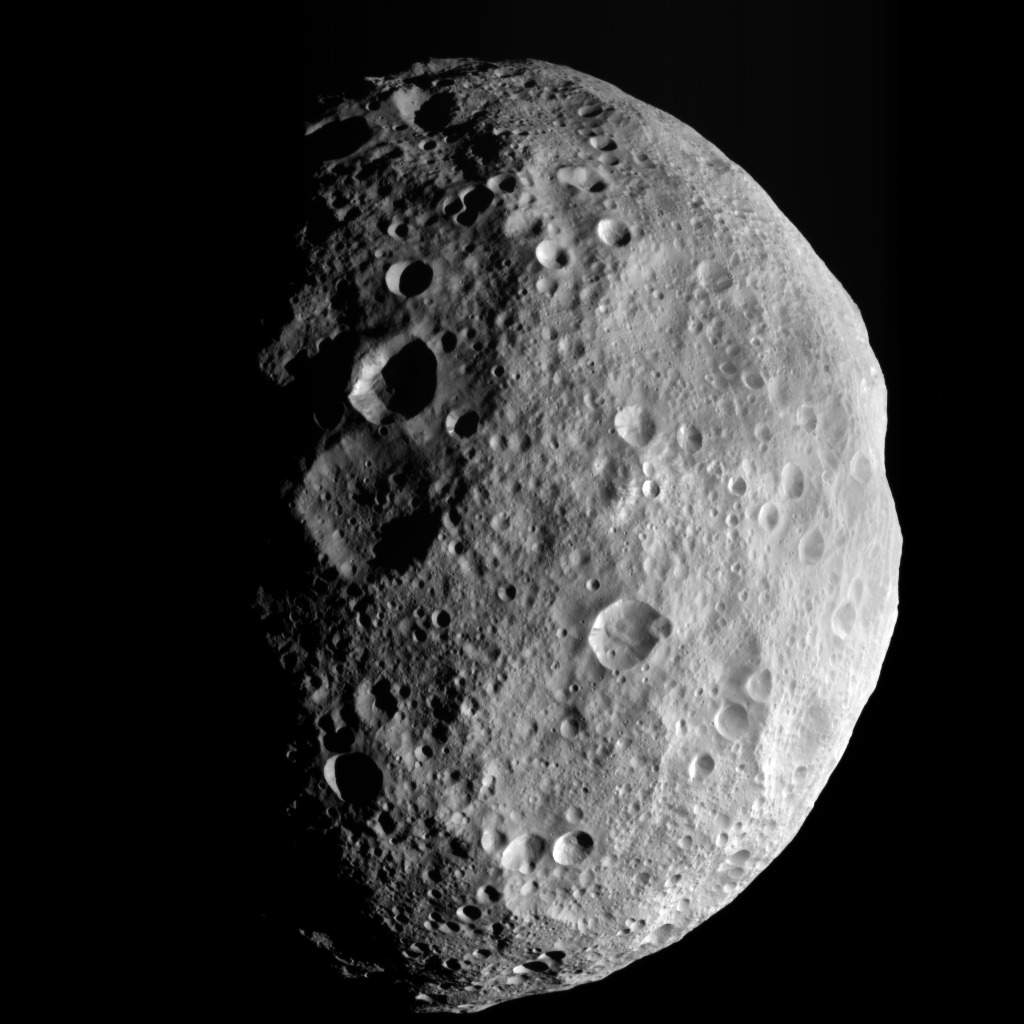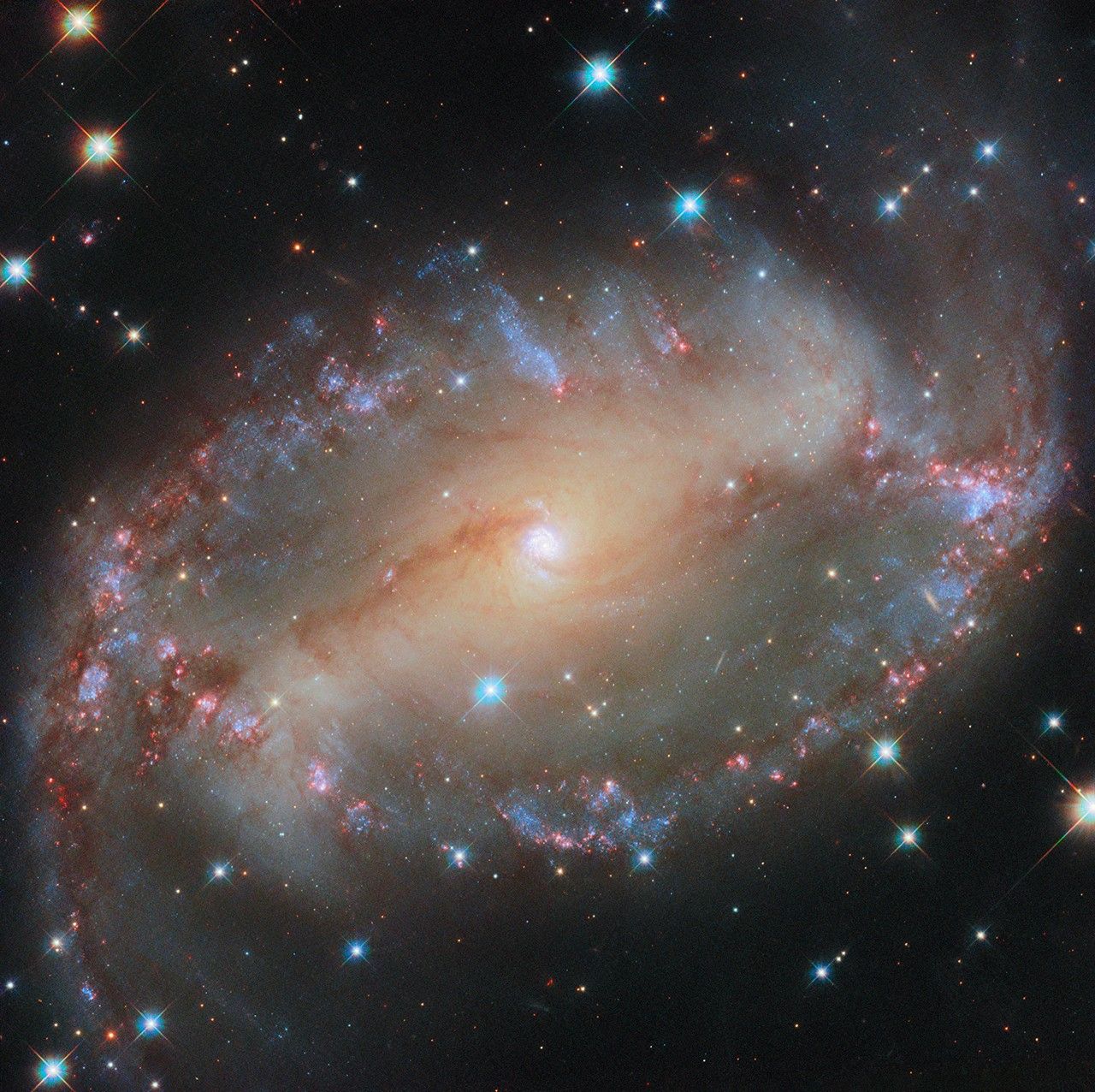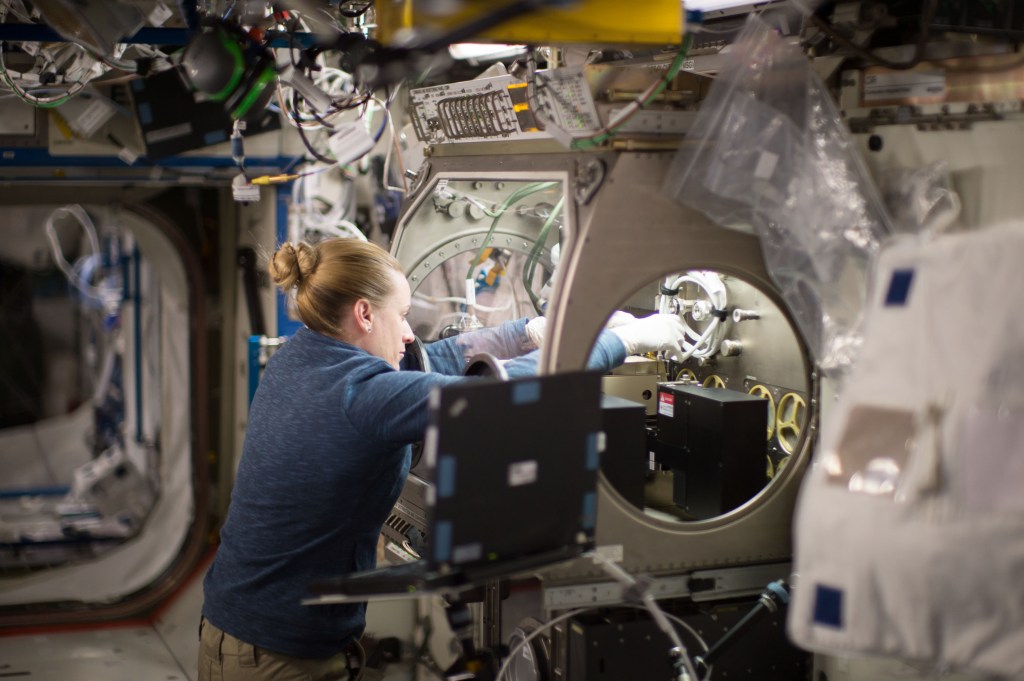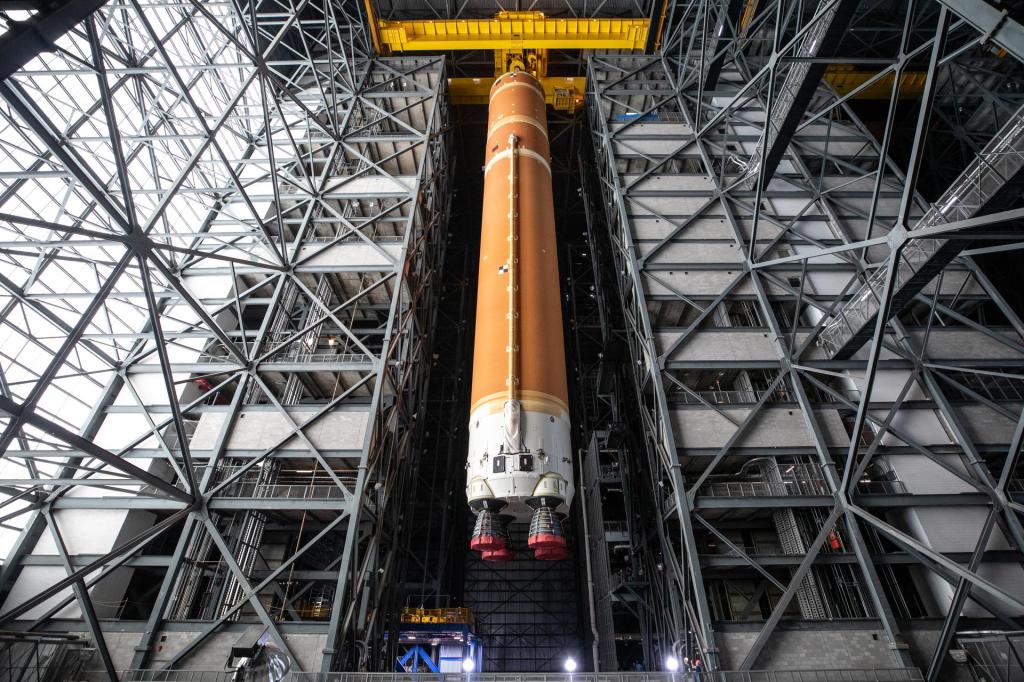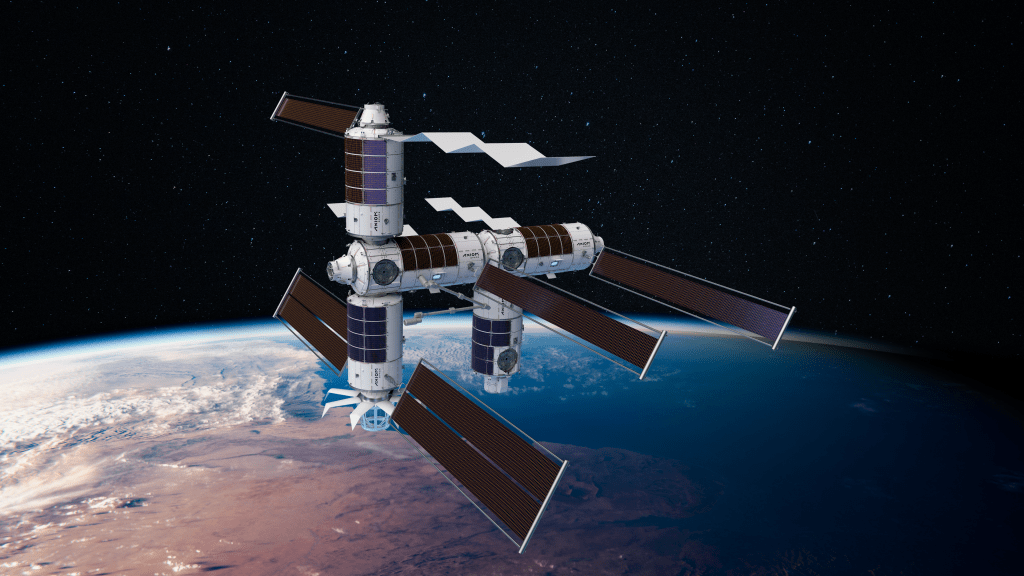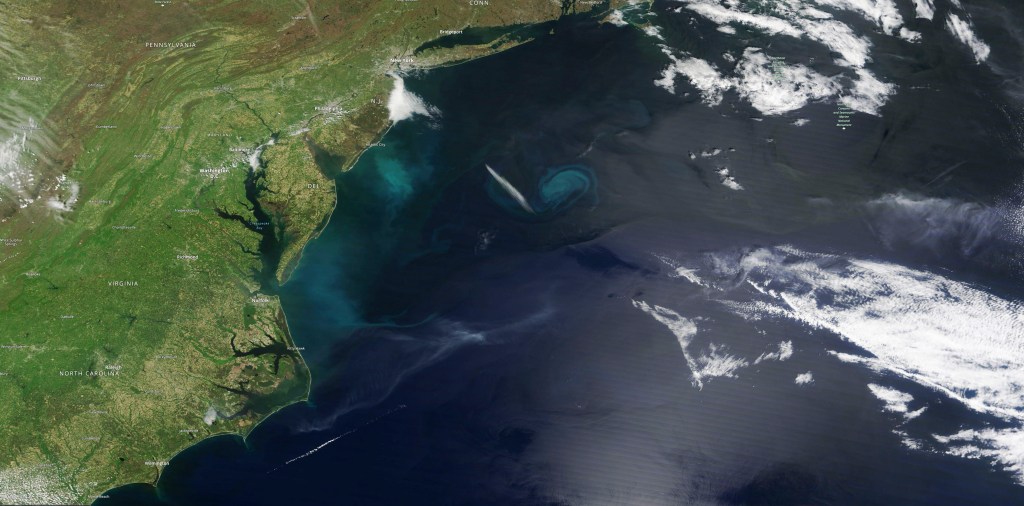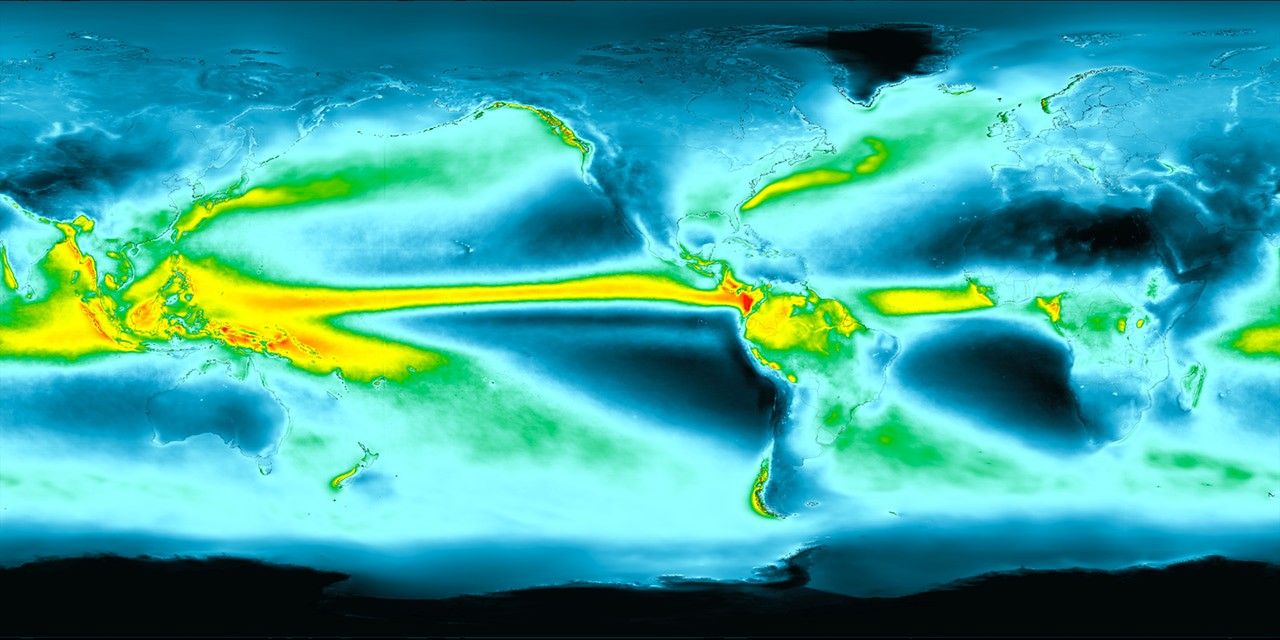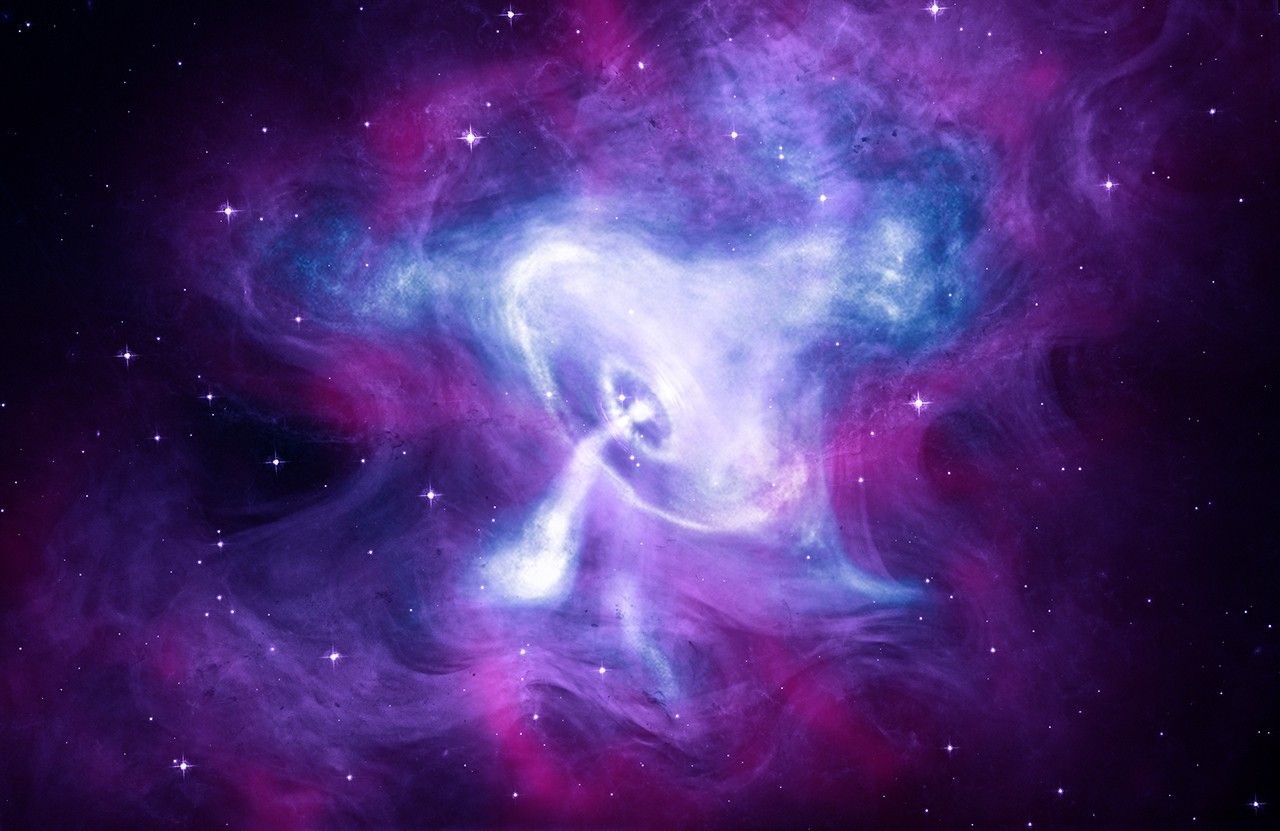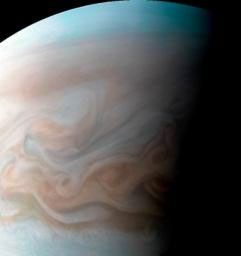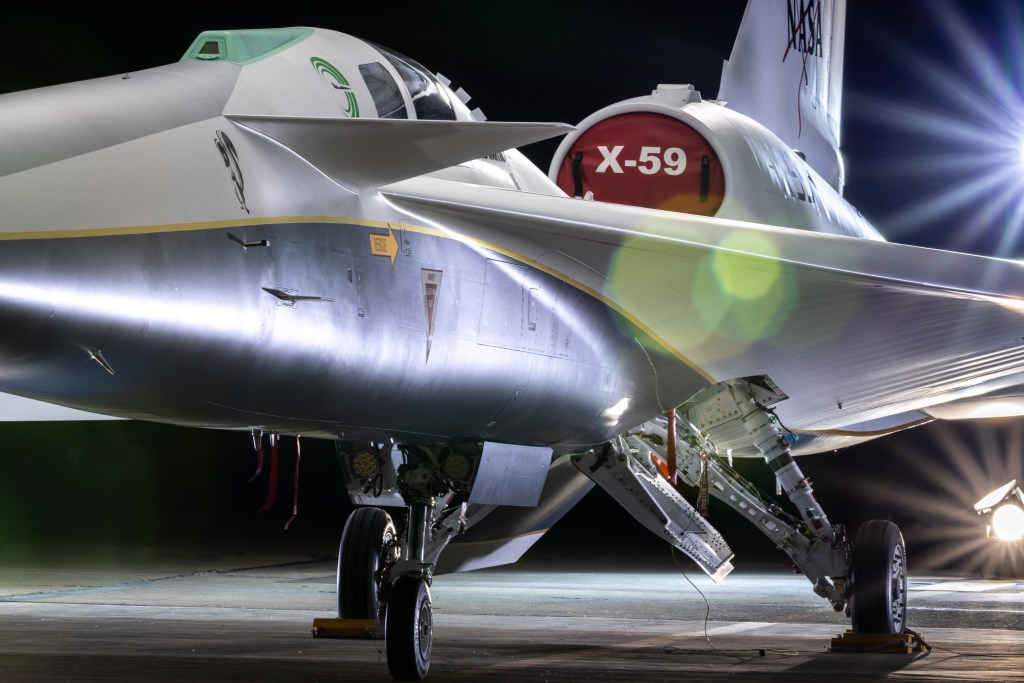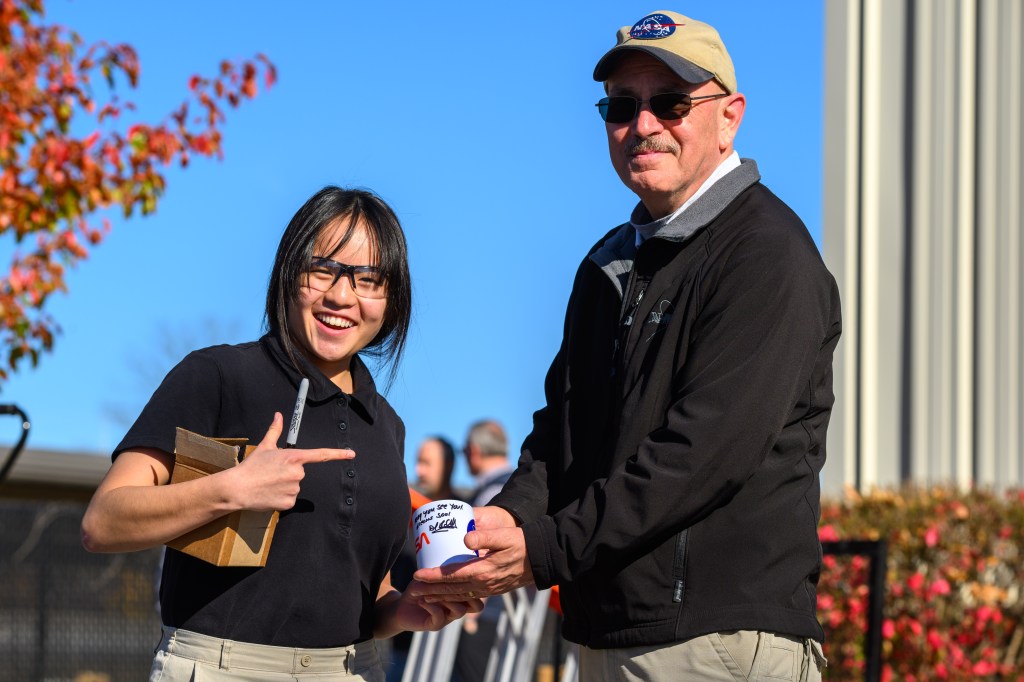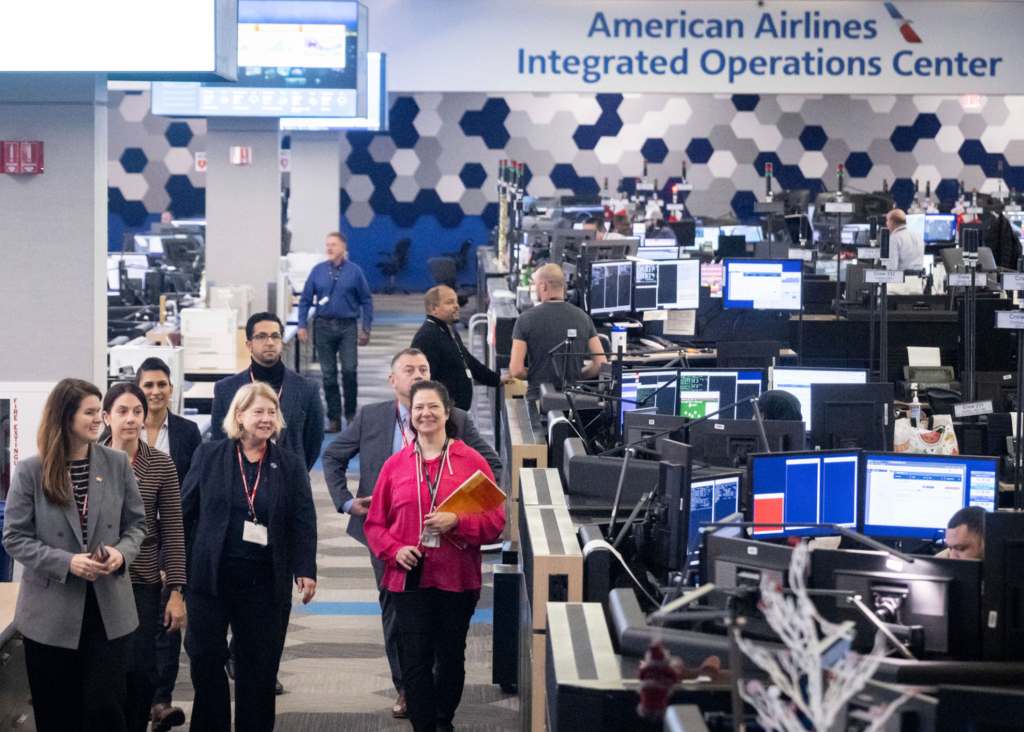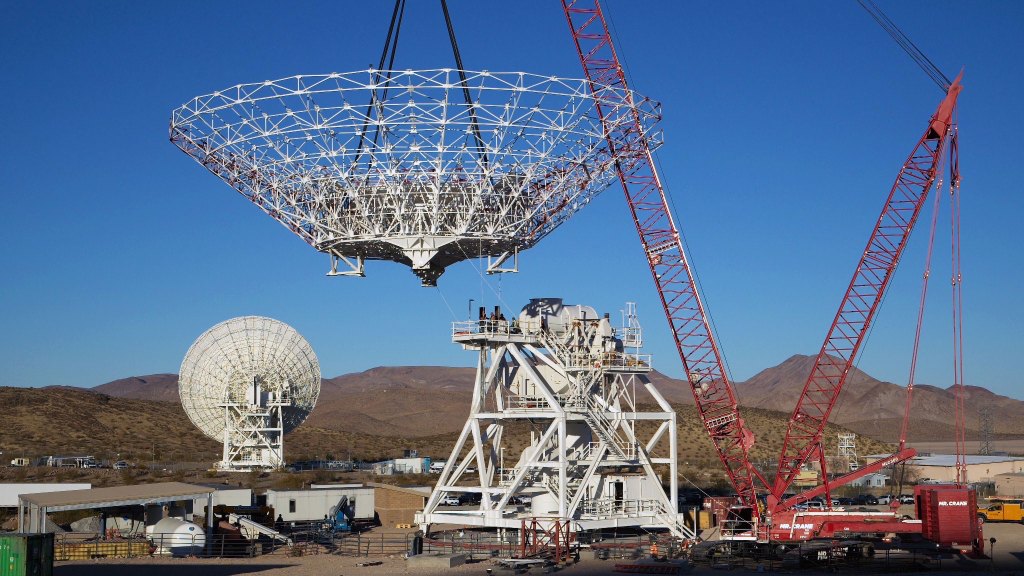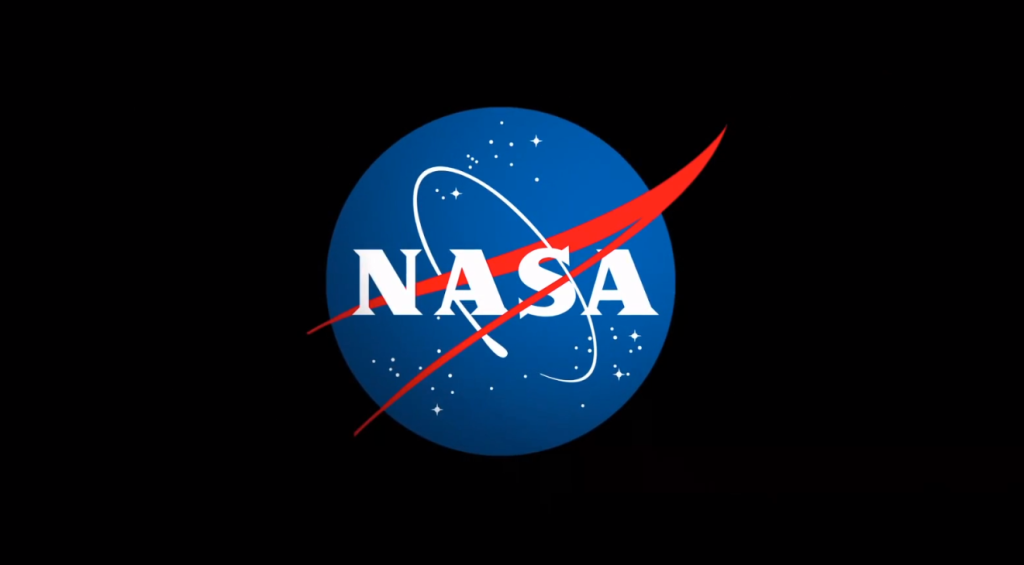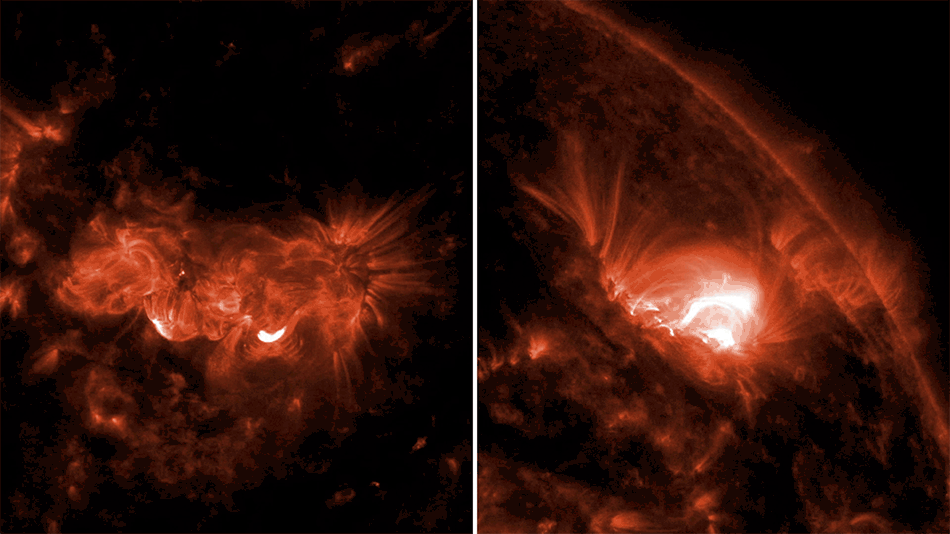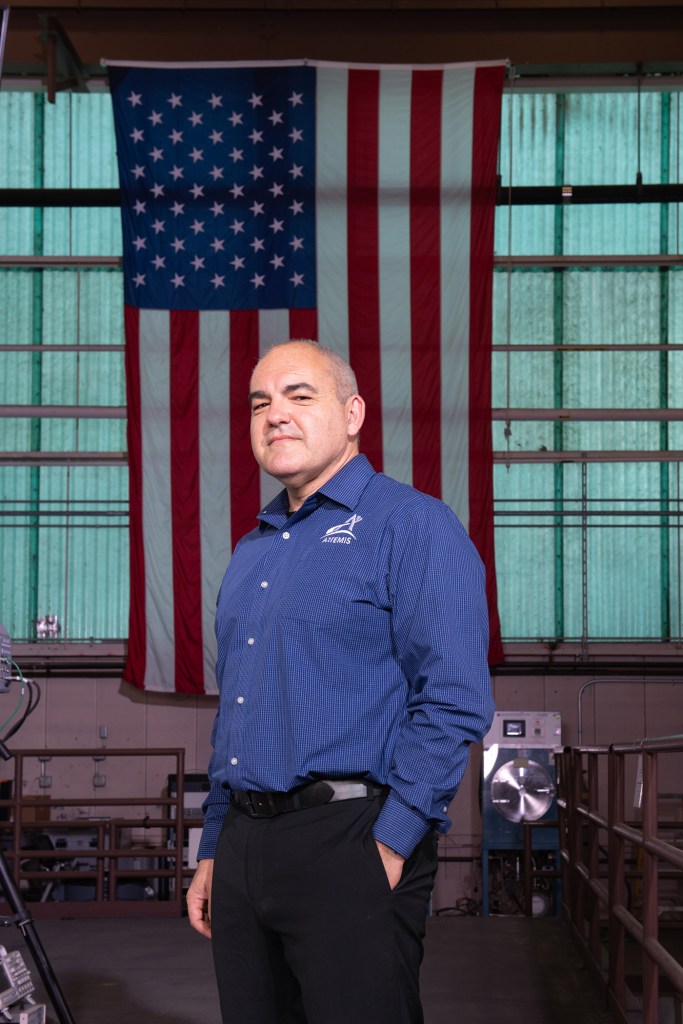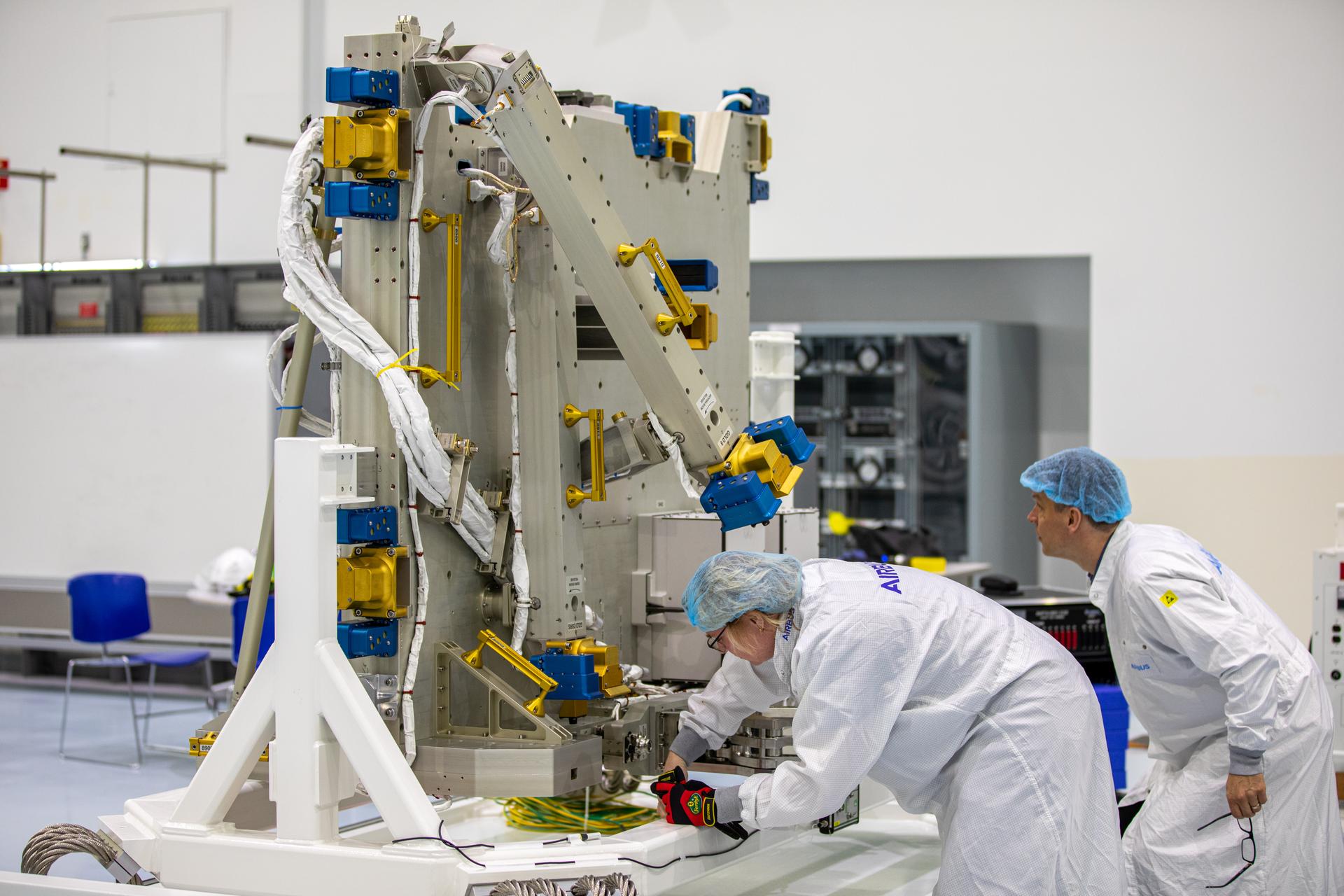Editor’s note: Feb. 25: The launch has been rescheduled for 11:50 p.m. EST March 6. NASA TV live coverage will begin at 11:30 p.m. EST.
NASA will host a media teleconference at 1 p.m. EST Thursday, Feb. 20, to discuss select science investigations launching on the next SpaceX commercial resupply flight to the International Space Station.
Audio of the teleconference will stream live online at:
SpaceX is targeting 1:45 a.m. Monday, March 2, for the launch of its Dragon spacecraft on a Falcon 9 rocket from Space Launch Complex 40 at Cape Canaveral Air Force Station in Florida.
To participate in the teleconference, media must contact Kathryn Hambleton at 202-358-1100 or kathryn.hambleton@nasa.gov by 11 a.m. Thursday, Feb. 20, for dial-in information.
Participants in the briefing will be:
- Jennifer Buchli, deputy chief scientist for NASA’s International Space Station Program Science Office, who will share an overview of the research being conducted aboard the space station and how it benefits exploration and humanity
- Michael Roberts, interim chief scientist for the International Space Station U.S. National Laboratory, who will discuss the lab’s work in advancing science in space, and in developing partnerships that drive industrialization through microgravity research.
- Boris Khusid, professor of chemical and materials engineering at the New Jersey Institute of Technology, and principal investigator for ACE-T-Ellipsoids, who will discuss the study of colloids – small particles suspended within a fluid – in microgravity for insight into particle density and behavior important for use in 3D printing
- Chunhui Xu, associate professor at Emory University School of Medicine, and principal investigator, and collaborator Kevin Maher, professor at Emory University School of Medicine and Children’s Healthcare of Atlanta, will discuss the Generation of Cardiomyocytes from Induced Pluripotent Stem Cells (MVP Cell-03) experiment, a study on the generation of specialized heart muscle cells for use in research and clinical applications.
- Aaron Beeler, professor of medicinal chemistry at Boston University, and principal investigator of Flow Chemistry in Microgravity, which will study the effects of microgravity on chemical reactions, as a first step toward on-demand chemical synthesis on the space station.
- Paul Patton, senior manager, front end innovation and regulatory for Delta Faucet, and principal investigator of the Droplet Formation Study, which evaluates water droplet formation and water flow of Delta Faucet’s H2Okinetic showerhead technology.
- Siegfried Monser, of Airbus, who will discuss Bartolomeo, a new commercial research platform from ESA (European Space Agency), set to be installed on the exterior of the orbiting laboratory.
SpaceX’s Dragon spacecraft also will carry crew supplies and hardware to the orbiting laboratory to support the Expedition 62 and 63 crew for the 20th mission under NASA’s Commercial Resupply Services contract.
The space station is a convergence of science, technology, and human innovation that demonstrates new technologies and enables research not possible on Earth. The orbiting laboratory has been occupied continuously since November 2000. In that time, 239 people, and a variety of international and commercial spacecraft, have visited the orbiting laboratory. The space station remains the springboard to NASA’s next great leap in exploration, including future human missions to the Moon and eventually to Mars.
For launch countdown coverage, NASA’s launch blog, and more information about the mission, visit:
-end-
Kathryn Hambleton
Headquarters, Washington
202-358-1100
kathryn.hambleton@nasa.gov

